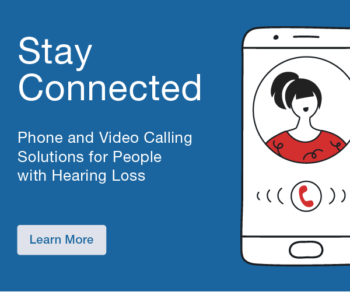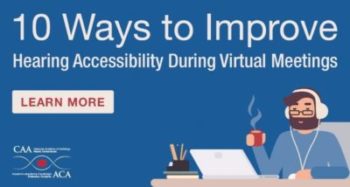Children with unilateral hearing loss are increasing identified in infancy and early childhood, essentially representing a ‘new population’ of children who require audiologic support. Early identification has generated new interest in this population. While intervention needs for children with moderate loss and greater are generally well-established, uncertainty and variation surround intervention services for children with milder losses. This session will provide a description of the prevalence and epidemiologic characteristics of children with unilateral hearing loss. Information will be presented about the trajectory of hearing loss from a population-based cohort of children, including changes that result in bilateral loss. Participants will learn about some of the challenges related to the management of this population of children.
Children with unilateral hearing loss are also at risk for difficulties in early communication development and academic functioning. This session will provide a brief overview of historical results in children with unilateral loss and focus on up-to-date information about developmental outcomes in multiple areas for preschool and school-aged children. Participants will gain an understanding of current expectations for these children. They will learn about current practices and recommendations for supporting children with unilateral hearing loss including what is important from the perspective of parents.
Children with unilateral hearing loss are at risk for further deterioration in hearing.
Learning Objectives
- Acquire information on the prevalence, characteristics, and trajectory of unilateral hearing loss in children
- Be aware of current issues and concerns in managing children with unilateral hearing loss
- Be familiar with current evidence related to the consequences of unilateral hearing loss in preschool and school-aged children.



